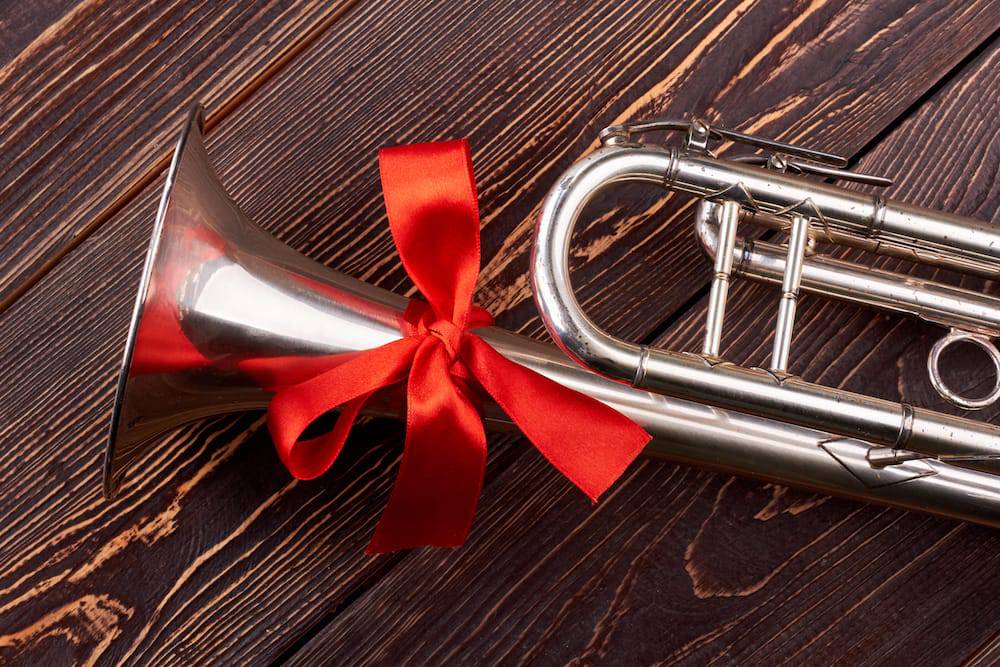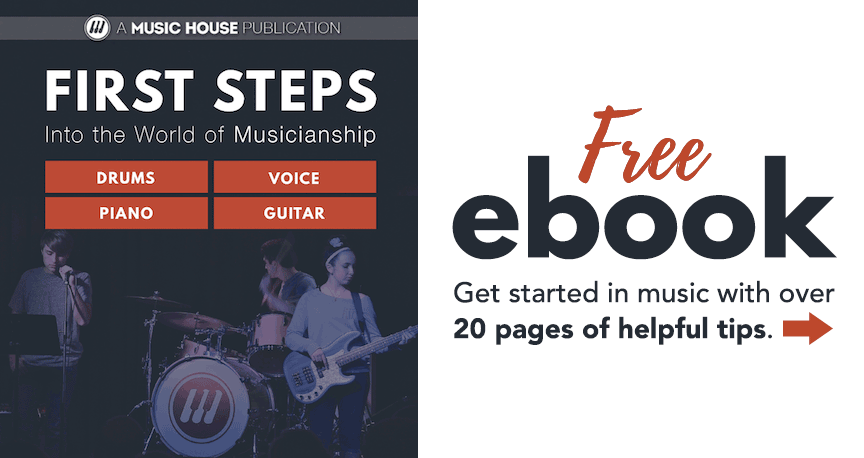6 Reasons Why a Musical Instrument Makes the Best Holiday Gift

Gift-giving is something that many of us struggle with. Whether you're shopping for children or adults, you want to see the genuine delight on their face when they open your gift, but finding something that will evoke that emotion may be difficult. A musical instrument may be precisely what the doctor ordered.
Because their brains aren't completely developed yet, children's brains are more pliable than adults', making learning to play music more straightforward, but don't let that stop you from gifting an instrument to an adult. Music and emotion are inextricably linked, and although the learning process slows with age, having the ability to express oneself via music is vital.
Here are six reasons why musical instruments are great gift ideas:
1.) Playing Music Helps Alleviate Depression and Stress
Depression may hit at any age, and the holiday season is one of the most vulnerable times of the year. Making music may go a long way toward keeping moods up and spirits high. Playing an instrument may help redirect negative energy into something pleasant and entertaining, which can help relieve stress. Reduced stress causes your heart rate to slow and your blood pressure to drop. According to research, performing and writing music helps relieve stress by reducing cortisol levels.
Playing a musical instrument has been shown in studies to lower stress and reverse the body's reaction to stress at the DNA level. So take group music classes, private music lessons, or give a musical instrument to someone close to you who will play music for you over the holidays, one of the most stressful periods of the year; this will help reduce tension for the whole family.
2.) Making Music Strengthens Family Ties
Every family has its traditions, but creating music by playing musical instruments provides a new way to spend the holiday season together. Music-making may establish unique practices for generations to enjoy, whether it's performing a cherished piece on the piano or rocking on the drums with a rock n' roll version of a famous Christmas song. When friends and family meet for the holidays, playing music gives a fun way for everyone to participate in the festivities and create a sense of unity.
3.) Age is Not an Issue
It is not too late to learn how to play an instrument. Music may be taught via private music lessons at any age, contrary to popular belief, and studies demonstrate that making music is a life-long talent that enhances the lives of both children and adults. The holidays are an ideal opportunity to fulfill that goal.
Or, make it a new year’s resolution! Learning a new musical instrument is a great goal for the coming year and is fun for any age.
4.) Exercises Both the Mind and the Body
Playing a musical instrument increases cognitive function while also increasing stamina. In addition, it has been shown that playing and listening to music may assist persons with Alzheimer's disease in enhancing their memory. Music has even been demonstrated to help patients recover from strokes and reduce dementia and Alzheimer's disease.
Playing an instrument may be a terrific source of exercise. For example, performing the piano, guitar, or drums requires a lot of upper body strength. Playing for extended periods may help you gain muscle while also improving your posture and stamina.
5.) It Raises IQ Levels
Numerous studies have shown that children's IQs grow due to music composition and instrument playing. In addition, according to brain scan technology, private music lessons enhance brain activity, and certain regions of the brain become more prominent.
According to researchers, music lessons have been linked to practically every measure of academic accomplishment, including SAT scores, high school GPA, reading comprehension, and arithmetic abilities.
Music also boosts their memory abilities, allowing them to learn more effectively in all disciplines. Children grow habituated to sounds they would not have recognized before as they master their instrument. This exercise prepares their ears for the subtleties and nuances of language.
6.) Enhances the Respiratory and Immune Systems
One crucial thing you can master, whether you're singing show songs or blowing into a saxophone or oboe, is how to breathe correctly. A decent sound on any wind instrument is based on your breath; thus, a perfect breathing technique is essential. So, while you strive to become a great vocalist or woodwind musician, you are simultaneously developing your respiratory system.
Researchers also discovered that singing for an hour may boost immunity protein levels, decrease stress, and enhance people's moods. Music has also been demonstrated in studies to boost the immune system, allowing us to fight viruses.

Why are Musical Instruments Vital and Valuable in Our Lives?
Learning to play a musical instrument may assist you in developing new talents. Playing an instrument may also help you gain confidence, increase teamwork, and boost your self-esteem. Learning to play a musical instrument may also help individuals:
- Meet new people and form lifelong friendships.
- Activate brain cells, stimulating processes like memory and abstract thinking, all required for math and science.
- Restore balance and harmony in one's life. For example, children who learn to play an instrument have a creative and emotional outlet.
Is Playing an Instrument Beneficial to Singing?
Learning how to play an instrument by taking private music lessons can help you comprehend chords and melodies if you want to make and produce your music. In addition, most singers discover that mastering an instrument improves their talents, just as musicians find that singing improves their playing ability.
What is The Best Instrument for Singing?
The ideal instruments for vocalists are the piano and guitar. One explanation is because they are polyphonic, which means they can play more than one note at a time, unlike the violin, which does not usually play chords.
Giving someone a musical instrument may be a fantastic and life-changing event for both of you. You're not only providing a tangible present; you're also introducing someone to a new and exciting way of life that may last a lifetime. And, by seeing and listening to their growth as they master the instrument, the gift-giver has a highly fulfilling experience too!

